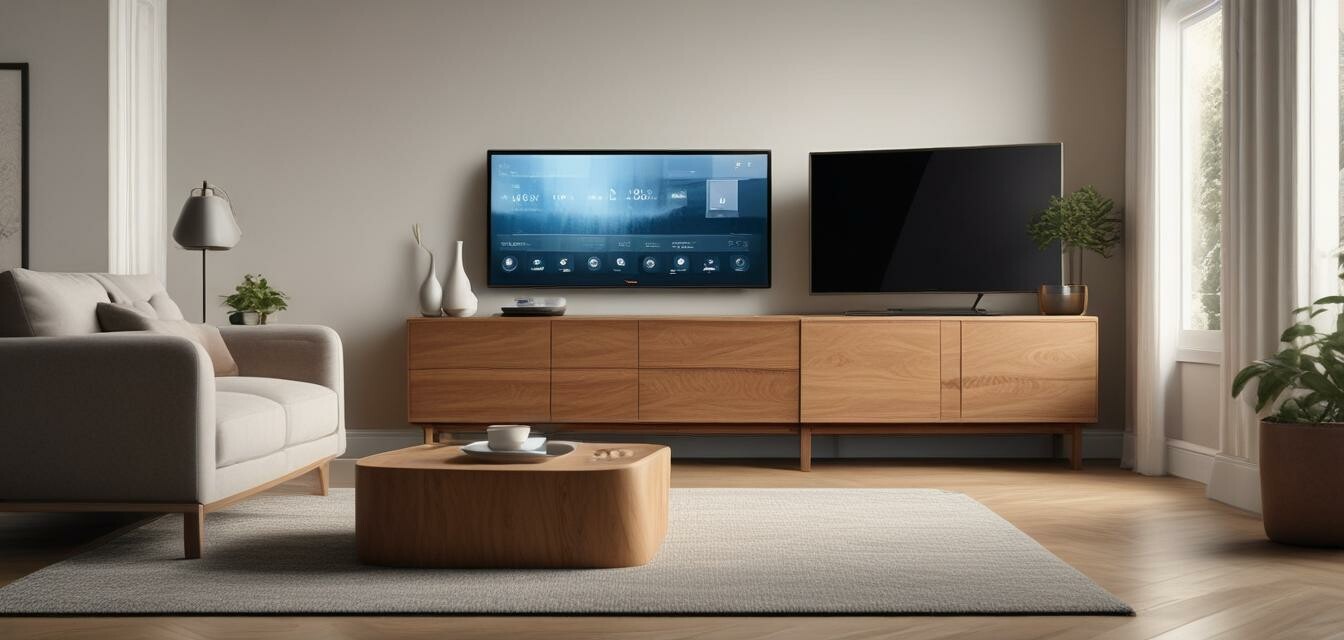
Top Smart Home Devices for Seniors with Vision Impairment
Key Takeaways
- Smart home devices can significantly enhance day-to-day life for seniors with vision impairment.
- Voice-controlled gadgets enable easy interaction and improve accessibility.
- Health monitoring devices can keep families informed about their loved ones’ well-being.
- Smart lighting solutions can adapt to individual preferences, assisting with mobility.
- Consideration of usability and accessibility is key when selecting devices.
As seniors age, maintaining independence is crucial, yet vision impairment can complicate daily living. Fortunately, smart home devices offer invaluable support, enabling better communication, safety, and convenience. This guide covers some of the best smart home devices tailored for seniors with vision impairment, highlighting features that improve their quality of life.
Types of smart home devices
Numerous smart home devices cater specifically to seniors with vision impairment. Below are the categories of devices worth considering:
- Connected home assistants: These devices, such as smart speakers, can help seniors perform a variety of tasks hands-free.
- Health monitoring devices: These gadgets can alert caregivers and families about changes in health status.
- Home security solutions: Smart locks and cameras can enhance home safety with ease of access.
- Smart entertainment systems: These systems simplify media access through voice commands.
- Smart lighting systems: Voice-activated or sensor-based lighting can ensure safety during nighttime.
Why smart home devices matter for seniors
Technology is revolutionizing the way seniors interact with their environments. Smart home devices can make a significant difference, particularly for those with vision impairment. The right gadgets provide:
- Enhanced safety: Smart systems can detect emergencies and adjust systems automatically.
- Improved accessibility: Voice-activated features enable calendar management, reminders, and controlling devices hands-free.
- Better communication: Device connectivity allows for easy interaction with loved ones via video calls, messages, or alarms.
Comparison of key smart home devices
| Device Type | Key Features | Benefits |
|---|---|---|
| Connected Home Assistants | Voice control, music streaming, reminders | Hands-free interaction, entertainment, and organization |
| Health Monitoring Devices | Activity tracking, remote monitoring, vital signs alerts | Peace of mind for families and caregivers |
| Home Security Solutions | Smart locks, cameras, motion sensors | Enhanced security and safety |
| Smart Entertainment Systems | Voice-activated streaming, easy navigation | Simplified access to entertainment |
| Smart Lighting Systems | Motion detection, app control, voice control | Increased safety and accessibility |
Tips for choosing the right device
Beginner’s section
- Ensure the device is user-friendly with simple interfaces.
- Look for voice control options, which can be particularly helpful.
- Check compatibility with existing devices for seamless integration.
- Consider devices that offer customer support and user guides.
Conclusion
Smart home devices can transform the lives of seniors with vision impairment, promoting independence, safety, and convenience. By investing in the right technology, seniors and their families can ensure a more secure and comfortable living environment. Explore options in each category, and make your home a better place for aging family members by enhancing their daily routines with smart solutions.
For more guidance on smart home solutions, visit our Buying Guides section. You can also check out other useful resources such as Home Security Solutions and Health Monitoring Devices.